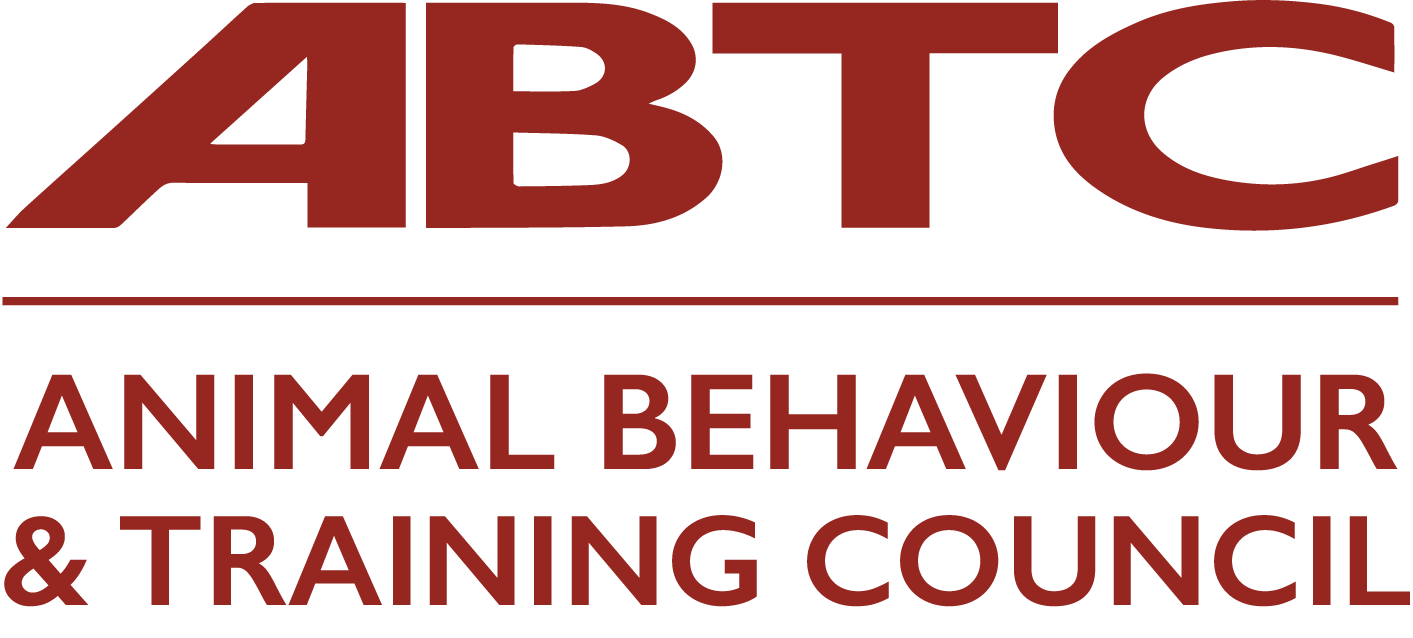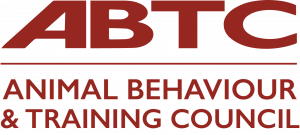Ethical Marketing Guidelines
All promotional material relating to member organisations and individual practitioners must be legal and truthful but it should be noted that being ethical and being legal are not necessarily the same thing.
Advertising is a source of information for clients and prospective members and should help them make informed decisions. Advertising that makes unsubstantiated claims, misleads or has the potential to mislead is unprofessional and may be illegal.
It is morally indefensible to exploit the trust and lack of knowledge of those seeking advice and will eventually damage the reputation of the wider community of training and behaviour professionals.
There is often a huge difference between the truth and the whole truth, omissions and subjective interpretations can alter the meaning of a message totally without technically telling an untruth. This is all too common in marketing and is regarded by the Council as unethical and unprofessional.
Negative advertising techniques are also commonly applied; this is typified by someone seeking to gain advantage by criticising competitors rather than highlighting their own benefits. Magazine articles, reports and blogs that express negative opinions about other individuals or groups are not excused on the grounds that they do not directly constitute advertising, they still fall within the realms of publicity.
Ethical integrity must be at the heart of everything individuals and organisations do in the animal training and behaviour sector
Further examples of unethical marketing practices include
- Exaggeration – Some advertisers use false claims about a product’s quality or popularity
- Subjective claims (known as ‘puffery’) – When an advertiser relies on subjective rather than objective claims, they are puffing up their products
- Unverified Claims – Many products promise to deliver results without providing any empirical evidence to support the claim
- Artificial comparisons – Whenever anybody makes false or misleading claims about their competitors they are spreading misinformation
Advertising guidelines
Whenever advertising in any format the following points must be adhered to:
- Information must be truthful
- Jargon and ambiguous statements that might not be understood by clients must not be used
- Statements and claims that might be misinterpreted and mislead must not be used
- Claims must be supported with facts
- Do not create unjustified expectations
- Do not criticise any competition (negative advertising)
To behave ethically is to know the difference between what you have a right to do, what is right to do and doing the right thing even when nobody is watching.

